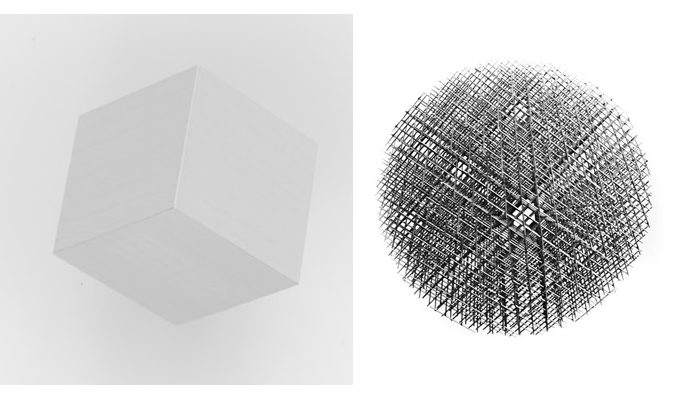
The EGU 2021 John Dalton Medal of the EGU Division on Hydrological Sciences was awarded to Brian Berkowitz for his seminal contributions to analysis of flow and anomalous transport in natural porous and fractured media, with pioneering experimental methods and novel conceptual frameworks. His medal lecture was presented at the online vEGU 2021 meeting. We invited Brian to contribute a blog post to the HS community.
I’m pleased to contribute some thoughts on “complexity vs. simplicity” in hydrology, in the hope that it will help stimulate further thought and research in this context.
A key philosophical perspective in science is that nature obeys general laws. Identification of these laws involves integration of system conceptualization, observation, experimentation and quantification. This perspective was a guiding principle of John Dalton’s research as he searched for patterns and common behaviors. He performed a broad range of elegant experiments in chemistry and physics, and he entered over 200,000 observations in his meteorological diary during a period of 57 years. But he then found ways to reduce complexity – whether investigating atomic theory or analyzing the hydrological cycle – to define simple, general, quantitative laws of nature.
The last century, in particular, has witnessed an explosion in the breadth and depth of scientific enterprise, and definition of new fields of research – due largely to previously unimagined, staggering computational, experimental and analytical measurement abilities, at temporal and spatial scales ranging from femto (10-15) to tera (1012). But as a result, and as the adage goes, we also see many scientists studying more and more about less and less, until they essentially know everything about nothing….!
Processing information, integrating tools
I believe that in parallel to examining – both experimentally and computationally – a system in great detail, advancing science ultimately relies on processing this information, to yield insights and define practical tools. These tools should be relevant to much more than the original, specific, studied system. Thus, for example, examination of a pore-scale phenomenon is in itself fascinating, but it is incumbent upon us to use this information to extract broadly applicable insights/tools. As a close colleague and mentor said to me many, many years ago, “remember, this is hydrology, with very real problems to address…you’re not doing string theory!”
Hydrology, too, combines (or should combine, in my opinion), concepts and tools from fluid dynamics, porous media science (in all its forms), geology, soil science, physics (e.g., universal scaling laws), (geo)chemistry, engineering, biology, statistics, numerical methods, and analytical/laboratory/field experimental methods. It is the understanding and integration of these tools that can lead to simplification of fluid flow and (conservative, reactive) chemical transport in complex systems, whether they be large-scale catchments and heterogeneous groundwater formations, or pore-scale domains, or anything in between.
It is with this philosophy, too, that we are learning to live with COVID-19 via implementation of (albeit often inconvenient and “inelegant”) simple rules for self-protection. [This last sentence reminds me of the famous response by Albert Einstein, when criticized that his theory of gravitation was far more complex than Newton’s. He responded with: “If you are out to describe the truth, leave elegance to the tailor.”]
Dealing with complexity vs. simplicity in modelling
And this brings us to the term “modelling” – the term is used in many contexts and with differing intents. I won’t expand on this, but instead only mention often misguided “arguments” in the literature over “which model is better“, claiming that “fewer parameters is always best”. Not always. Indeed, some models involve more parameters than others, but if these parameters have physical meaning and are needed as factors to quantify key mechanisms, then “more parameters” is not a “weakness”. There are even information criteria that support and quantify this. So, here is another highly relevant quotation from Einstein, regarding his simplification of physics into general relativity: “Everything should be made as simple as possible, but not simpler.”
Thus – for example – in an effort to quantify fluid flow or chemical transport in an aquifer, do we really need “full”, detailed knowledge of the system (e.g., porosity, hydraulic conductivity) at every point in the formation? No, not always, if the model incorporates statistical uncertainty. Indeed, the adage “more data is better” is often not true.
I conclude with two more, related, quotations from Einstein, with which I identify: “Out of complexity, find simplicity.” and “Simplicity is the ultimate sophistication.”
Edited by Maria-Helena Ramos
